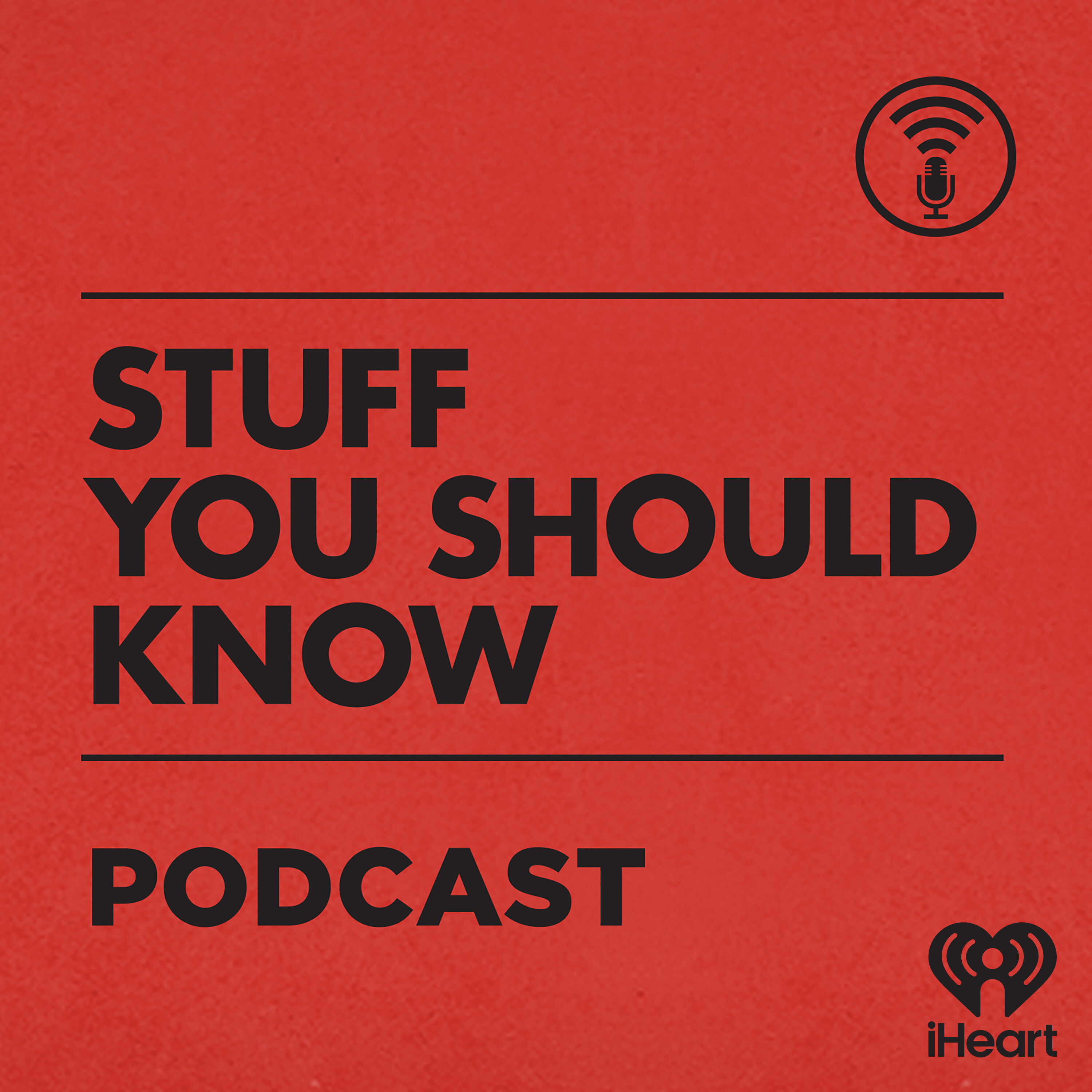Chapter
Clips
Chuck and Ed use Friends as a comparison to explain TV ratings, stating that a 15% rating is considered high; meanwhile, the highest-rated show in the US had a 70% rating.
01:30 - 03:52 (02:22)
Summary
Chuck and Ed use Friends as a comparison to explain TV ratings, stating that a 15% rating is considered high; meanwhile, the highest-rated show in the US had a 70% rating.
ChapterHow Sitcoms Addressed Social Issues
EpisodeSitcoms Part II
PodcastStuff You Should Know
Sitcoms in the early 70s like "All in the Family" were among the first to explore real-world issues in a humorous way; others, known as "special episodes," dealt with serious and dark topics.
03:52 - 05:23 (01:30)
Summary
Sitcoms in the early 70s like "All in the Family" were among the first to explore real-world issues in a humorous way; others, known as "special episodes," dealt with serious and dark topics. This shift from pure entertainment to tackling social issues marked a new direction in the genre's development.
ChapterHow Sitcoms Addressed Social Issues
EpisodeSitcoms Part II
PodcastStuff You Should Know
TV shows are increasingly using their platforms to address difficult and controversial topics, such as abortion and child exploitation, with notable examples being discussed in this podcast episode.
05:23 - 07:04 (01:41)
Summary
TV shows are increasingly using their platforms to address difficult and controversial topics, such as abortion and child exploitation, with notable examples being discussed in this podcast episode.
ChapterHow Sitcoms Addressed Social Issues
EpisodeSitcoms Part II
PodcastStuff You Should Know
Despite the corny format of 80s TV Sitcoms, writers and producers made use of them to convey serious messages to audiences, without hammering it too hard, although it could be jarring to end an episode without audience claps.
07:04 - 09:20 (02:16)
Summary
Despite the corny format of 80s TV Sitcoms, writers and producers made use of them to convey serious messages to audiences, without hammering it too hard, although it could be jarring to end an episode without audience claps.
